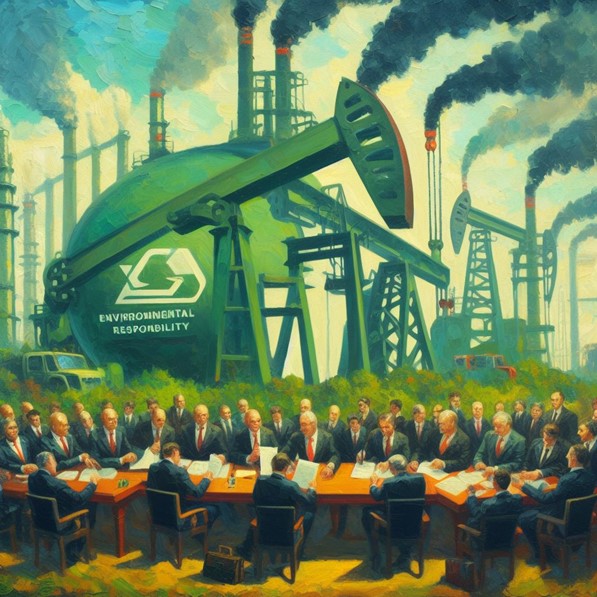Retaining valuable employees from all social groups is quite challenging, but understanding what keeps diverse employees in their organizations can help. Leaders who want to retain diverse employees should understand that employees from distinct social groups become...










